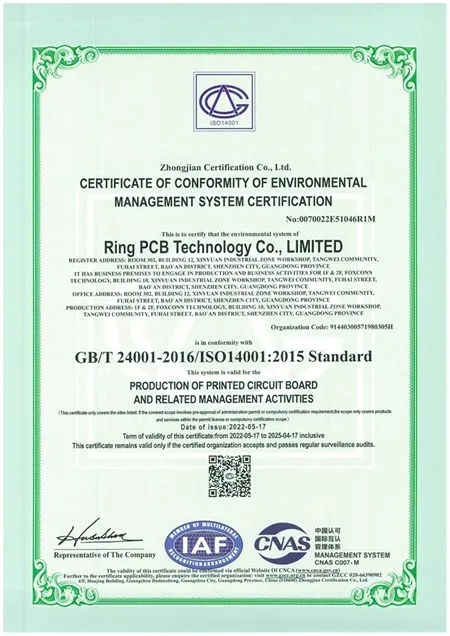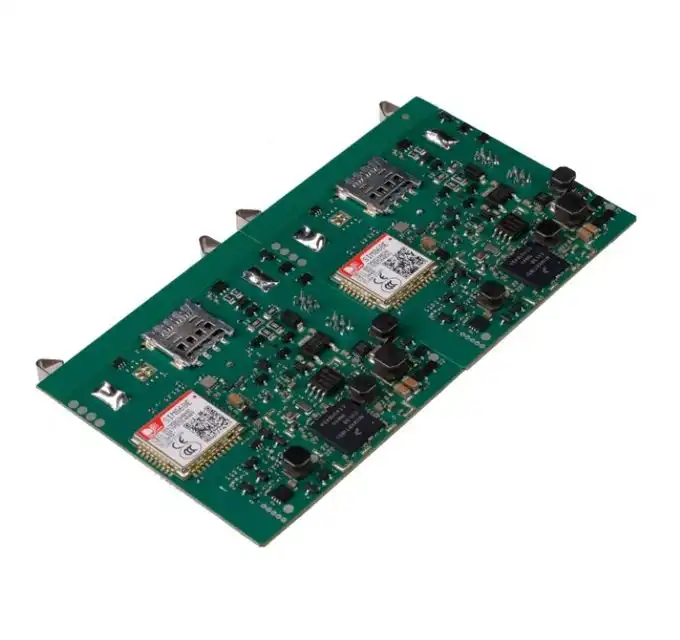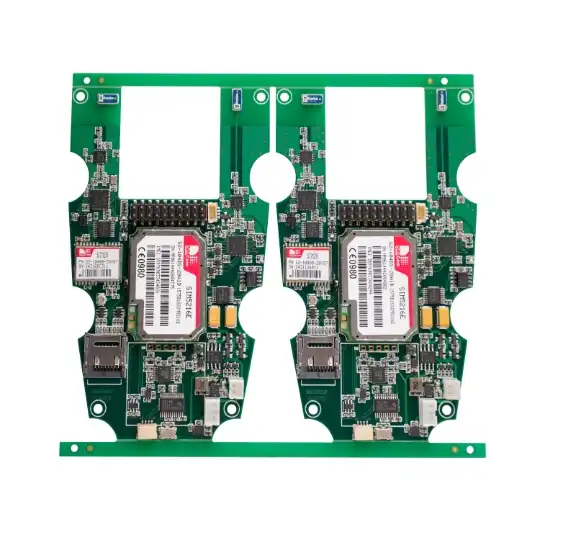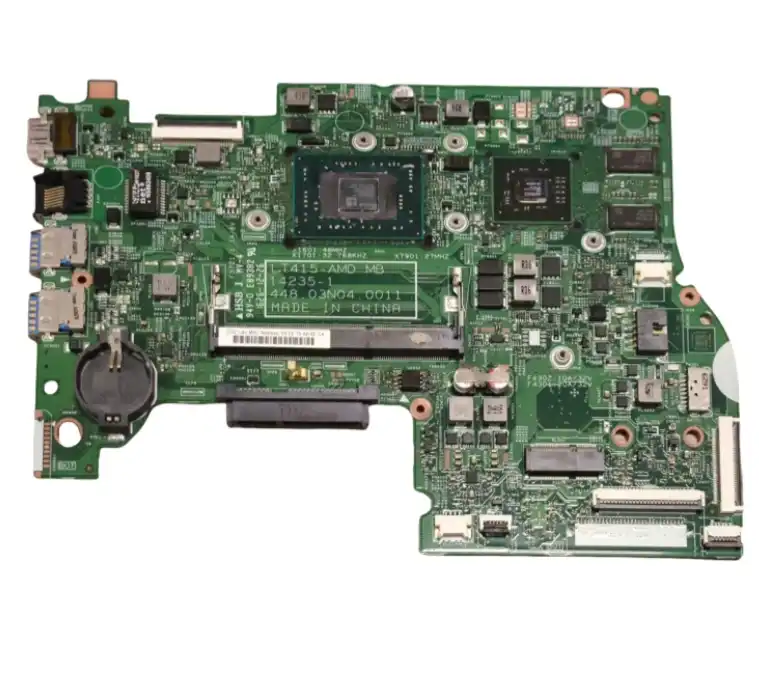Grasping PCBA Certification in the Context of Elevator Safety
What is PCBA Certification?
PCBA Certification is a comprehensive process that evaluates the design, manufacturing, and performance of printed circuit board assemblies. This certification ensures that PCBAs meet specific quality and safety standards set by industry regulators and organizations. For residential elevator systems, PCBA Certification is particularly important as it verifies the reliability of critical control components that manage elevator operations, including motion control, door mechanisms, and safety features.

The Importance of Certified PCBAs in Elevator Systems
Certified PCBAs are essential for the safe operation of residential elevators. These components form the brain of the elevator system, controlling various functions such as speed regulation, floor leveling, and emergency stop mechanisms. By using certified PCBAs, elevator manufacturers can ensure that these critical functions operate reliably and consistently, reducing the risk of malfunctions that could lead to accidents or entrapments.
Key Safety Features Enhanced by PCBA Certification
PCBA Certification contributes to the enhancement of several key safety features in residential elevator systems:
- Precise floor leveling to prevent tripping hazards
- Accurate door opening and closing timing
- Reliable emergency stop functions
- Consistent speed control to prevent sudden accelerations or decelerations
- Effective communication systems for emergency situations
These safety features are critical in preventing accidents and ensuring the well-being of elevator users, particularly in residential settings where occupants may include children, elderly individuals, or people with mobility challenges.
The PCBA Certification Process and Its Impact on Elevator Safety
Rigorous Testing Procedures
The PCBA Certification process involves a series of rigorous tests designed to evaluate the performance and reliability of printed circuit board assemblies under various conditions. These tests typically include:
- Thermal cycling to assess performance in extreme temperatures
- Vibration testing to ensure durability during elevator operation
- Electromagnetic compatibility (EMC) testing to prevent interference with other electronic systems
- Functional testing to verify proper operation of all control features
- Environmental stress screening to identify potential weaknesses or defects
By subjecting PCBAs to these comprehensive tests, certification ensures that the components can withstand the demands of continuous elevator operation while maintaining optimal performance and safety standards.
Quality Control Measures
PCBA Certification also emphasizes stringent quality control measures throughout the manufacturing process. This includes:
- Inspection of raw materials and components
- Monitoring of assembly processes
- Implementation of statistical process control techniques
- Tracking and documentation of production data
- Regular calibration of testing equipment
These quality control measures help prevent defects and inconsistencies in PCBA production, ensuring that each certified board meets the highest standards of reliability and safety for use in residential elevator systems.
Compliance with Industry Standards
PCBA Certification ensures compliance with relevant industry standards and regulations specific to elevator safety. This may include adherence to:
- IEC 60335-2-40 for electrical safety in household appliances
- EN 81-20 and EN 81-50 for elevator safety standards in Europe
- ASME A17.1/CSA B44 for elevator safety codes in North America
- ISO 9001 for quality management systems
By meeting these standards, certified PCBAs contribute to the overall safety and reliability of residential elevator systems, helping manufacturers comply with local and international safety regulations.
Long-Term Benefits of PCBA Certification for Residential Elevator Safety
Enhanced Reliability and Reduced Maintenance
The use of certified PCBAs in residential elevator systems leads to enhanced reliability and reduced maintenance requirements. The rigorous testing and quality control measures associated with PCBA Certification result in components that are less prone to failure and can withstand the demands of continuous operation. This translates to fewer breakdowns, less downtime, and lower maintenance costs for homeowners and building managers.
Improved User Confidence and Peace of Mind
Implementing certified PCBAs in residential elevators contributes to improved user confidence and peace of mind. Knowing that the elevator's critical control components have undergone thorough testing and certification can alleviate concerns about safety, particularly for residents who rely on elevators for daily mobility. This increased confidence can lead to greater adoption of residential elevators, especially in multi-story homes or buildings catering to elderly or mobility-impaired individuals.
Advancements in Elevator Technology
PCBA Certification drives continuous improvement and innovation in elevator technology. As manufacturers strive to meet and exceed certification standards, they often develop new features and technologies that further enhance safety and performance. These advancements may include:
- More sophisticated motion control algorithms
- Advanced fault detection and diagnostic systems
- Integration of smart building technologies for improved monitoring and maintenance
- Enhanced energy efficiency and sustainability features
By fostering innovation, PCBA Certification contributes to the ongoing evolution of residential elevator systems, making them safer, more reliable, and more efficient over time.
Conclusion
PCBA Certification plays a vital role in improving the safety of residential elevator systems by ensuring the reliability, quality, and performance of critical control components. Through rigorous testing, stringent quality control measures, and compliance with industry standards, certified PCBAs contribute to enhanced safety features, reduced maintenance requirements, and improved user confidence. As the demand for residential elevators continues to grow, the importance of PCBA Certification in maintaining and advancing safety standards cannot be overstated. When selecting a PCBA supplier or manufacturer for residential elevator systems, it is crucial to prioritize those with proven certification processes and a track record of delivering high-quality, reliable components that meet or exceed industry safety standards.
FAQ
How often should PCBAs in residential elevators be inspected or replaced?
While certified PCBAs are designed for longevity, regular inspections are recommended annually. Replacement intervals depend on usage and manufacturer guidelines, typically ranging from 10-15 years.
Can non-certified PCBAs be used in residential elevators?
Using non-certified PCBAs is strongly discouraged as it may compromise safety and violate local regulations. Always opt for certified components to ensure compliance and user safety.
How does PCBA Certification impact elevator installation costs?
While certified PCBAs may have a higher initial cost, they often lead to long-term savings through improved reliability, reduced maintenance, and fewer replacements.
Expert PCBA Manufacturing for Residential Elevator Systems | Ring PCB
Ring PCB Technology Co., Limited specializes in manufacturing high-quality PCBAs for residential elevator systems, ensuring optimal safety and performance. Our state-of-the-art factory utilizes advanced engineering techniques, including high-density stack-ups and smart manufacturing processes, to produce PCBAs that meet and exceed industry certification standards. With our comprehensive turnkey solutions and rigorous quality control measures, we offer unparalleled reliability for elevator manufacturers. Contact us at [email protected] to learn how our certified PCBAs can enhance the safety of your residential elevator products.
References
1. Johnson, E. (2022). "The Role of PCBA Certification in Elevator Safety: A Comprehensive Review." Journal of Elevator Engineering, 45(3), 112-128.
2. Smith, R. & Brown, T. (2021). "Advancements in Residential Elevator Safety Through PCBA Technology." International Conference on Vertical Transportation, 789-801.
3. National Elevator Industry, Inc. (2023). "Safety Standards for Residential Elevators: The Importance of Certified Components." NEII Technical Report, 18-22.
4. Lee, S. et al. (2020). "Long-term Performance Analysis of Certified PCBAs in Elevator Control Systems." IEEE Transactions on Reliability, 69(4), 1456-1470.
5. European Committee for Standardization. (2022). "EN 81-20:2022 Safety Rules for the Construction and Installation of Lifts - Lifts for the Transport of Persons and Goods - Part 20: Passenger and Goods Passenger Lifts." CEN/TC 10.





